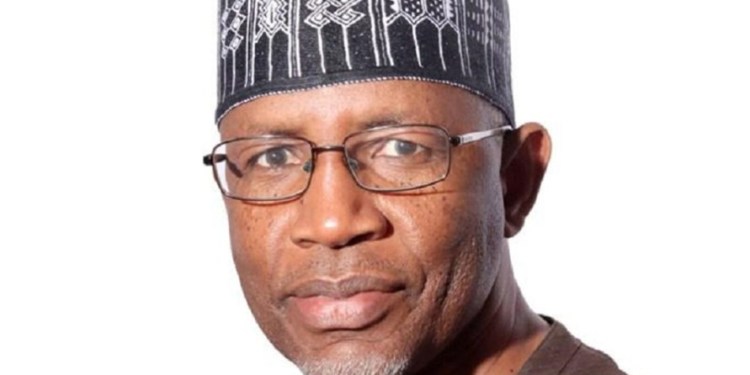The Securities and Exchange Commission (SEC) has stressed the need for more private-sector investments in the commodities trading ecosystem.
SEC’s Director General, Mr. Lamido Yuguda, stated this during an interview commenting on the commissioned 32 metric tonnes per hour Lagos Rice Mill in Imota, Ikorodu, Lagos State.
Private sector investments: Yuguda noted that the capital market expects to see more private sector investments in areas that need to support the commodities ecosystem like storage facilities and also increased investment in mechanized farming in commodities like rice, hibiscus flowers, and others that are in high demand in other parts of the world.
- According to him, “This is a game-changing investment in Lagos state and I hope we will see more of these kinds of investments not only in rice but in other areas of the food chain that we are currently producing. This is the place that produces them as we have the climate for these commodities, if we get the necessary investments, we will be able to make our mark around the world.
- “This is a demonstration that Nigeria has what it takes in the agricultural sector to drive investment. This rice mill is already collaborating with one of our commodities exchanges as they are going to be trading the electronic receipts of this rice mill on the floor of the Lagos Commodities and Futures Exchange. This is a very important development in the commodities ecosystem”.
The standards: The SEC DG said the Commission expects to see more standards concluded between the Standards Organisation of Nigeria and SEC, adding that the adoption of these standards by commodities exchanges and other players in the commodities trading ecosystem would significantly boost activities in the sector.
- “This is a very significant event, the size of this mill is very large, and we are expecting that by the time it is completed and starts production fully, over 250,000 jobs will be created. That’s a massive addition to the job creation in this country and the rice is going to be sourced from local producers. That means a lot of foreign exchange that was previously being expended on importing rice from other countries will be saved.
- “We expect this to be replicated in some of the other areas. Rice is essential because it’s a staple food in Nigeria and we have been importing a lot of rice. This is going to make a strong mark in the commodities system and we are making a lot of efforts with the Standards Organisation of Nigeria to create standards for our commodities so that we can compete in the export market. Nigeria is an exporting country for food. We are seeing today that if Nigeria wants, we can feed ourselves and still export to other countries,” he said.
Capital Market Master Plan: The SEC as part of its implementation of the 10-year Capital Market Master Plan, constituted a Technical Committee on commodities Trading Ecosystem whose mandate was to identify challenges of the existing framework and develop a Roadmap for a vibrant ecosystem.
A committee comprising various stakeholders including the SON was set up to drive the implementation of the report. One of the recommendations in the report identified the development of grading and standardization systems in line with international best practices.












